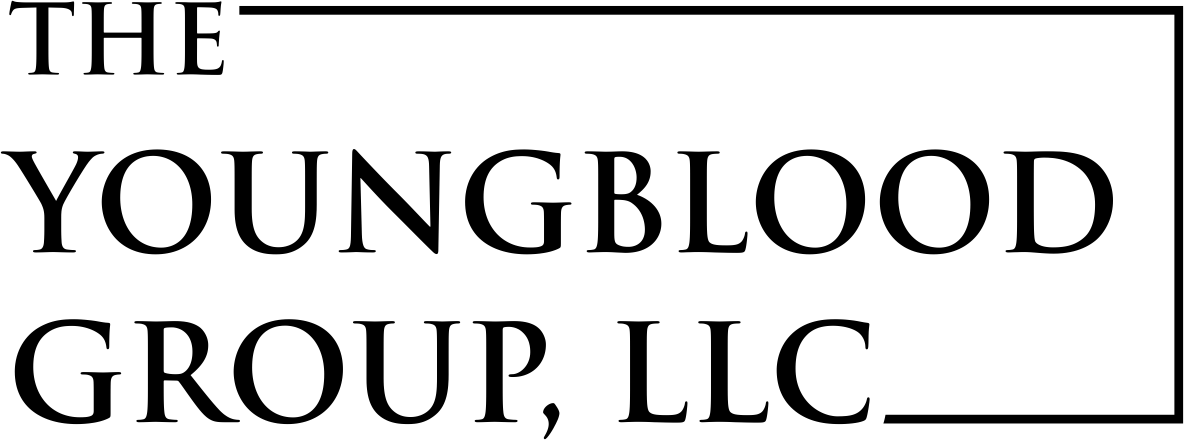Do You Understand Your EIDL Obligations?
 Many small businesses took advantage of the Economic Injury Disaster Loans (EIDL) that the Small Business Administration (SBA) made available due to the pandemic. I advised clients to take this only if they truly needed it, understood the constraints and consequences of taking on this loan, and had a plan for repayment. During this new tax season, I have learned that other would-be professionals were not so responsible in their advice. Many of you may have an EIDL, and hopefully, some of you still have some of the money. Perhaps you've been sitting on it and are wondering what you can spend the money on? Or maybe you are sitting on $400,000 in your business checking account and wondering what to do with it? Maybe your friend’s cousin told you to invest it in the market! They say you can make a ton!
Many small businesses took advantage of the Economic Injury Disaster Loans (EIDL) that the Small Business Administration (SBA) made available due to the pandemic. I advised clients to take this only if they truly needed it, understood the constraints and consequences of taking on this loan, and had a plan for repayment. During this new tax season, I have learned that other would-be professionals were not so responsible in their advice. Many of you may have an EIDL, and hopefully, some of you still have some of the money. Perhaps you've been sitting on it and are wondering what you can spend the money on? Or maybe you are sitting on $400,000 in your business checking account and wondering what to do with it? Maybe your friend’s cousin told you to invest it in the market! They say you can make a ton!
Do Not Invest Your EIDL Funds In The Stock Market.
Per SBA, “EIDL funds cannot be deposited into interest-bearing accounts.” This means “no” to a brokerage account. “No” to a money market account. “No” to a savings account. And, technically speaking, it is even a “no” to an interest-bearing checking account. Further, this 100%, without a doubt, means “NO” to Bitcoin, stocks, mutual funds, Beanie Babies, and any other type of investment. I’ve heard a few people say, “Well, I’m having to pay it back, so I will use it how I want.” Nice try! When you borrowed the money, you signed an agreement with the federal government, and you agreed to certain terms. Sadly, many people did not read these terms and were jubilant to get some much-needed government funding during the pandemic. However, not adhering to the terms of the agreement can land you in hot water with the SBA in the event you misuse the funds. Regulation 13 CFR § 123.9 says it all: in plain terms, if you misuse the funds, you will be liable to SBA for one-and-a-half times the proceeds disbursed to you as of the date SBA learns of your wrongful misapplication. That’s a significant penalty! Now, many businesses have been saved by EIDLs. Here are a few of the ways you can spend the money in accordance with the loan agreement:
- Working capital and normal operating expenses, such as a continuation of health care benefits, rent, utilities, fixed debt payments
- Federal debts (federal taxes, etc.)
- Payroll (including paying yourself) if you are on payroll and performing services for the business
- Other “ordinary” business expenses
You may be surprised to know that you cannot use EIDL funds for:
- State and local taxes
- Repaying yourself for any loans you made to your business
- Expanding your business
- Relocation
- Dividends, bonuses, distributions
- Direct payments to owners unless it is for services performed
If you’ve taken an EIDL, be aware of the following SBA requirements. You must:
- Keep your business records and books up to date and available for inspection if requested by the SBA
- Be able to document how you spent the funds
- Keep hazard insurance in place and send proof to the SBA
- Send yearly financials to the SBA
As of yet, the SBA has not directed borrowers where and when to send this documentation. However, SBA has the right to audit your books and can require audited financial statements. There is speculation that they will perform more “single audits” to determine compliance. The EIDL program was a great program, but many borrowers did not do their due diligence, or they were ill-advised by some professionals. If you have specific questions or want to make sure you are remaining compliant, please let us know.
Contact Us To Learn More About Your EIDL Obligations
If you have any questions about your EIDL Obligations or would like a full-service accountant in your corner, please contact The Youngblood Group, LLC today. You can schedule an appointment to learn more.
